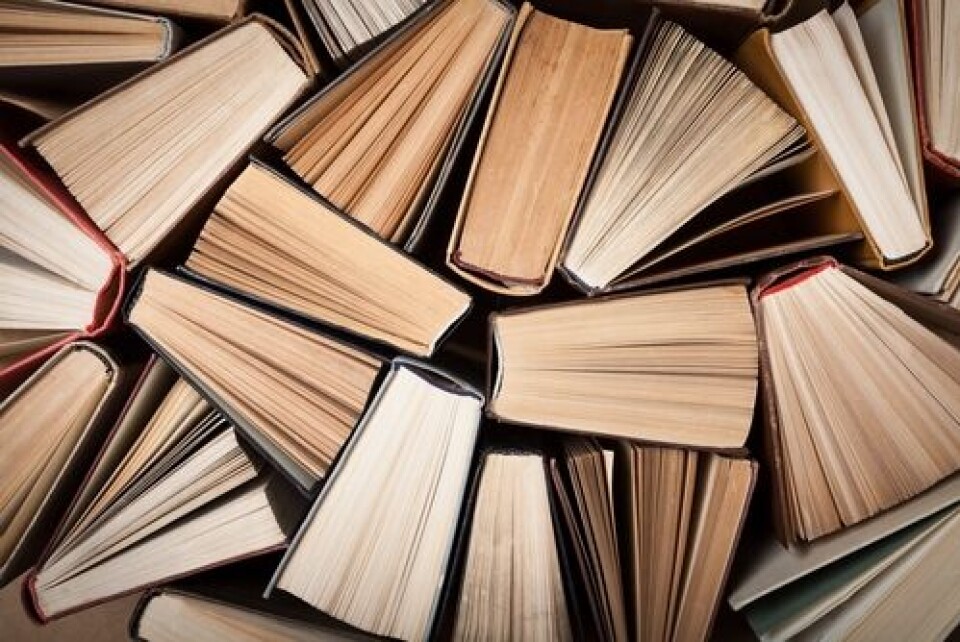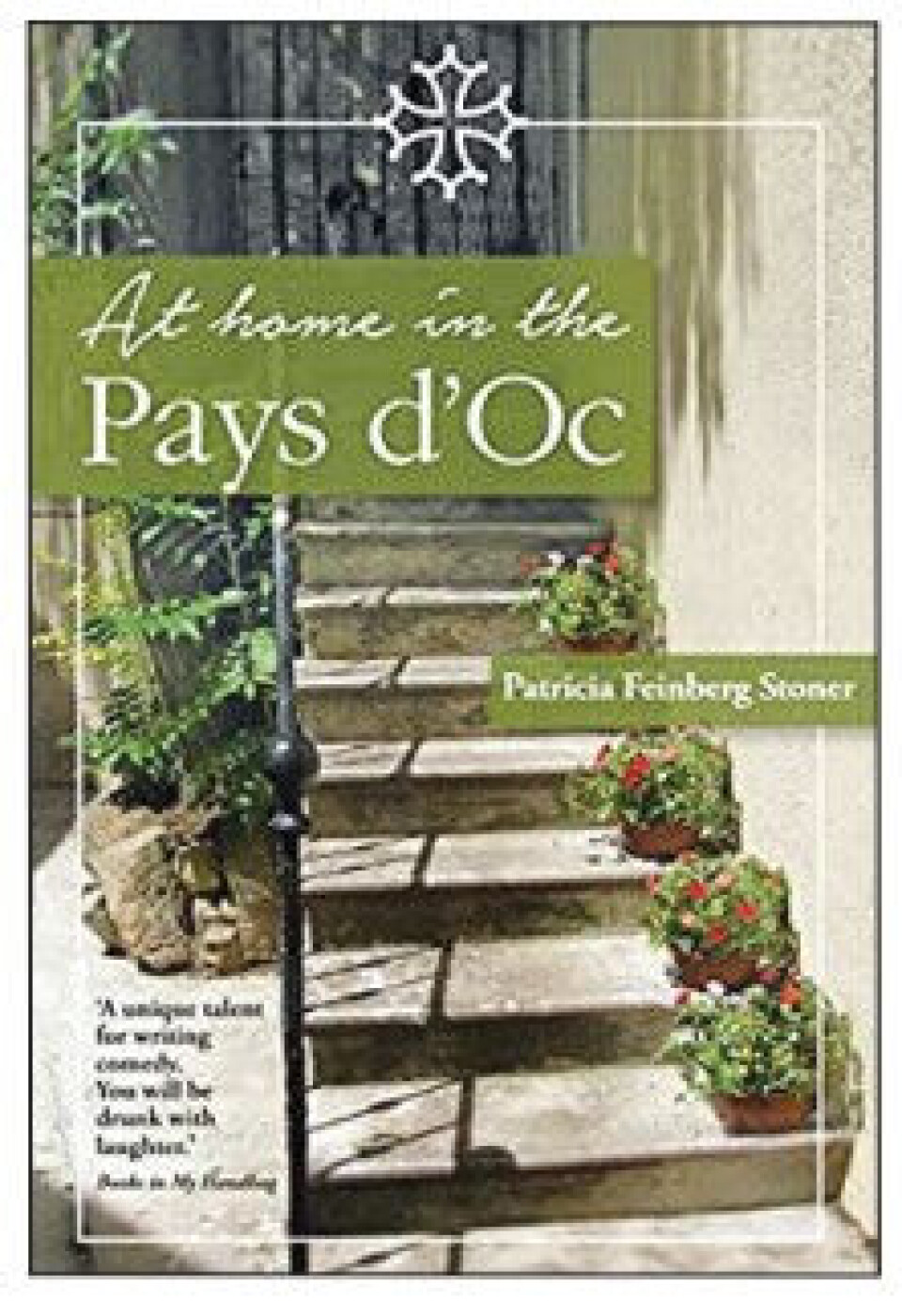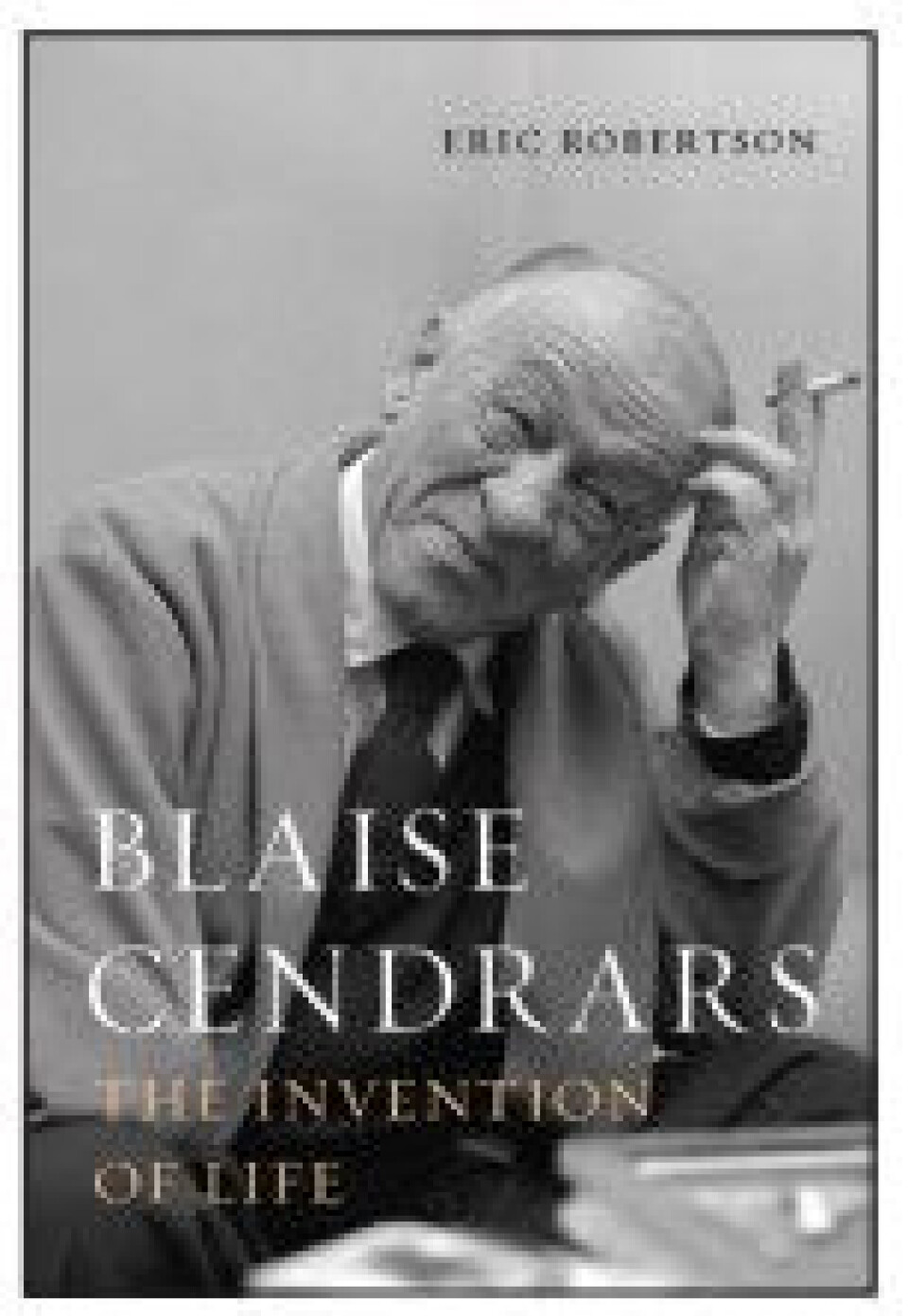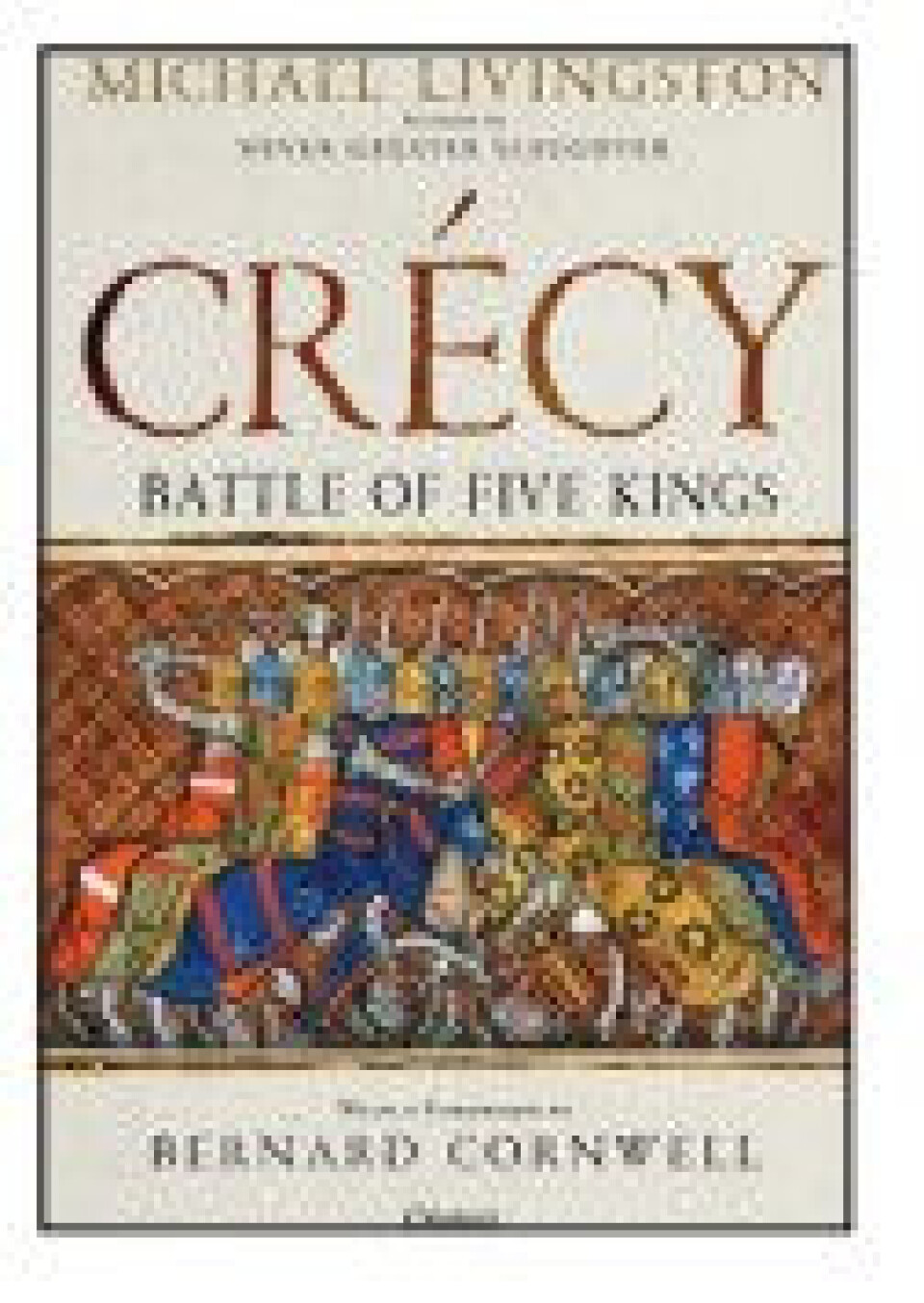-
Three reading recommendations: books about France in English
Explore three engaging books, offering unique perspectives on French culture, romance, and the art of living well
-
Reading recommendations: books about France in English
A frank Parisian memoir, a humorous language-hacks how-to guide, and a Champagne-themed historical novel
-
Three reading recommendations: books about France in English
Discover captivating French culture through books on cooking, history, and floral art
Books related to France: Our September 2022 picks
For our reviews, each book gets 20 minutes’ reading time

At Home in the Pays d'Oc, Patricia Feinberg Stoner, Fascom, €2.69, ISBN: 9780995746206

The first of two auto-biographical books about moving to France, At Home in the Pays d'Oc is a beguiling account of a British couple with a second home in the Languedoc adopting a cute dog and ending up staying in France. There's a bit which reminds me of the beginning of the 'Lady and the Tramp':
"They have no intention of keeping her. 'Just for tonight,' says Patrick. 'We will take her to the animal shelter tomorrow.' It never happens. They spend the weekend getting to know and love the little creature, who looks at them appealingly with big brown eyes and wags her absurd stump of a tail every time they speak." Although the adorable pooch turns out to be lost rather than homeless, they manage to adopt her after all, and after that there's no going back.
Patricia Feinberg Stoner's writing style is upbeat and chatty. Reading the book feels like spending one of those very long evenings catching up with a best friend, once you've decided that a second bottle is inevitable and you've ordered extra olives.
There isn't really a plot to speak of – it's really a series of amusing anecdotes and insights into the process of moving to France. And that's where the charm lies, you just read on and enjoy the journey.
Did they mean to buy a ruined house? Nope, but they did it anyway. Did they realise that doing it up would take years and cost entire limbs? Ditto.
Anarchic neighbours, administrative problems, scorpions, and sunshine... tick, tick, tick
Blaise Cendrars, The Invention of Life, Eric Robertson, Reaktion Books, €32.37, ISBN: 9781789145205

This well researched look at Blaise Cendrars' life and work is a fascinating delve into the first half of the 20th century, meeting a host of famous and infamous figures on the way.
Blaise Cendrars (1887 – 1961), was born in Switzerland and became naturalised French in 1916. Known for his novels and epic poems, he was at the centre of modernism, mixing with the likes of Modigliani, Picasso, Sonia Delaunay, and Hemingway.
Reading this book is like getting to know an extraordinary new friend; Cendrars had an amazing appetite for life. He loved travelling, loved new ideas, new ways of expressing human experience. In 1915, he lost his right arm fighting in WW1, a tragedy that he wrote about in The Left Handed Poet, The Bloody Hand, and The Severed Hand. His output was prolific; he also wrote essays, plays, and did translations.
He was an important part of the artistic community in Montparnasse, and friends with Henry Miller who described him as his 'great idol'. He had two boys and a girl with his first wife Féla Poznańska. During WW2, the Gestapo destroyed some of his manuscripts, but he fled to Provence to evade arrest. His elder son died during the war.
The author cracks through the facts at a rate of knots, making this an easy book to get into. (Skip the introduction and plunge straight in. You can always go back to it once you've finished the book.).
Crécy, Michael Livingston, Osprey, €26.80, ISBN: 978-1472847058

The battle of Crécy took place in 1346 during the Hundred Years war between the armies of King Edward III and Roi Philip VI and is generally thought to be the reason why the English went on to conquer Calais, which they held until 1558. Today the battlefield is something of a tourist attraction, but in this book, author Michael Livingston says people are visiting the wrong spot.
The book is both a vivid and, dare I say it, blow by blow account of the battle, and an account of how it has been meticulously researched. Modern historians have used archived manuscripts, satellites and traditional fieldwork to track down the real site of the battle. It makes for fascinating reading, especially resonating with anyone who has tried to sift the true information from fake.
An appealing read for fans of military history, this is also fascinating for history lovers, and anyone who enjoys a good detective story. It also might just inspire readers to explore some of the locations described. Readable and informative, this is an academic book that you'll race through as if it were adventure fiction.
For more literary inspiration check out the Facebook group 'Novels set in France’.
























